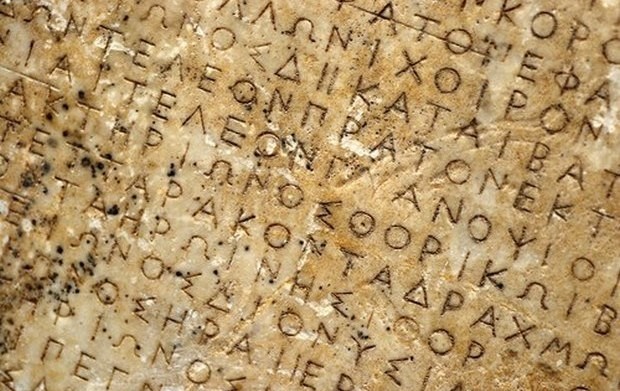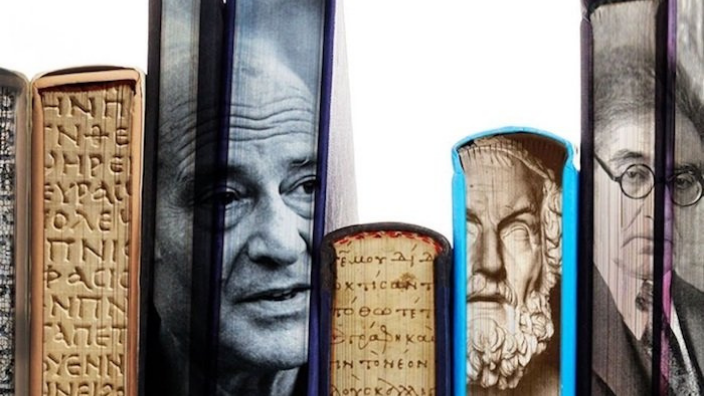Did you know the Guinness Book of Records ranks the Hellenic language as the richest in the world with 5 million words and 70 million word types?
We’re not surprised as it’s clear the Greek language has had an important influence on the English language.
What kind of influence? This International Greek Language Day we take a closer look.
Brief history of the Greek language:
Greek is one of the oldest Indo-European languages and is usually divided into Ancient Greek and Modern Greek.
Modern Greek is derived from Koine, a common dialect of Ancient Greek that was understood throughout the Greek-speaking world at that time. In the 19th century, Modern Greek became the official language of the Kingdom of Greece.
According to britishcouncil.org, the Ancient Greeks were the first to use a ‘true’ alphabet. That is, one representing both vowels and consonants.
English expressions and words:
Many historians suggest that more than 150,000 words of English are derived from Greek words. These include technical and scientific terms, such as anthropology and photography, but also more common words like dialogue, economy and telephone.

In a typical everyday 80,000-word English dictionary, about 5 percent of the words are directly borrowed from Greek and another 25 percent are borrowed indirectly.
Words that starts with ‘ph-‘ are also usually of Greek origin, for example: philosophy, physical, photo, phrase, philanthropy.
And then there’s common expressions in English which derive from ancient Greek myths and beliefs. Take for example ‘Achilles heel,’ which means to have a weakness or vulnerable point. Achilles was a central character in Homer’s epic poem, The Iliad, and his only weakness was his heel.
Source: britishcouncil.org

